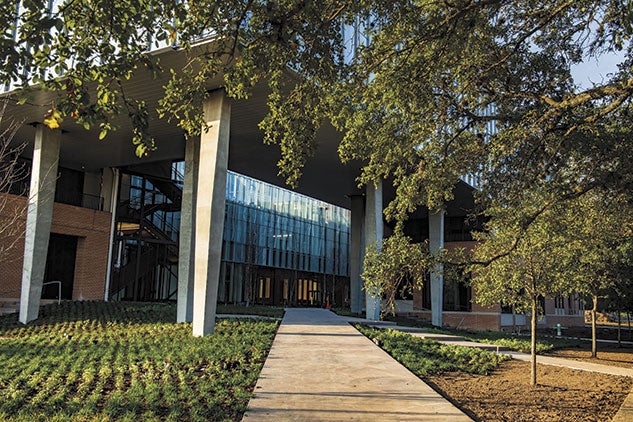The Communities of the Qur’an conference brought together eminent scholars and practitioners of various Islamic traditions to discuss and deliberate each traditions' respective interpretations of Qur'anic verses. The 2016 conference was organized in the wake of increased sectarian violence in the Middle East, renewed military intervention in the region and a rise in Islamophobia. This conference-–the first of its kind-– placed rich, diverse and at times opposing interpretations of the Qur’an, in direct conversation with one another.
What is the nature of the Qur'an? It might seem a straightforward question, but there is no consensus among modern communities of the Qur'an, both Muslm and non-Muslim, upon the answer. And why should there be? On numerous occasions throughout history, Muslims from different legal schools or denominations, as well as Christians, Jews, Zoroastrians and others, have agreed to disagree. The Our'anic interpreters, jurists and theologians of medieval Baghdad, Cairo and Cordoba coexisted peacefully in spite of their diverging beliefs. Seeking to revive this 'ethics of disagreement' of Classical Islam, this volume explores the different relationships societies around the world have with the Qur'an and how our understanding of the text can be shaped by studying the interpretations of others. From LGBT communities to urban African American societies, it represents the true diversity of communities of the Qur'an in the twenty-first century, and the dialogue and debate that can flow between them. This book is the result of the Communities of the Qur'an conference held at Rice University in 2016.

